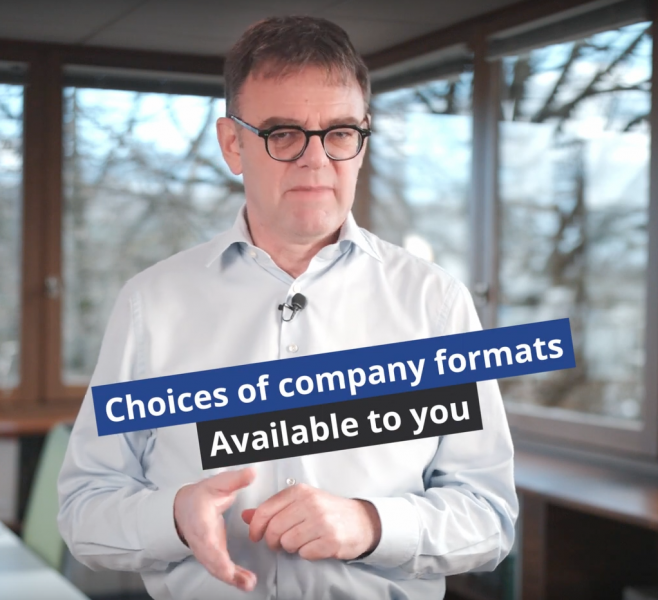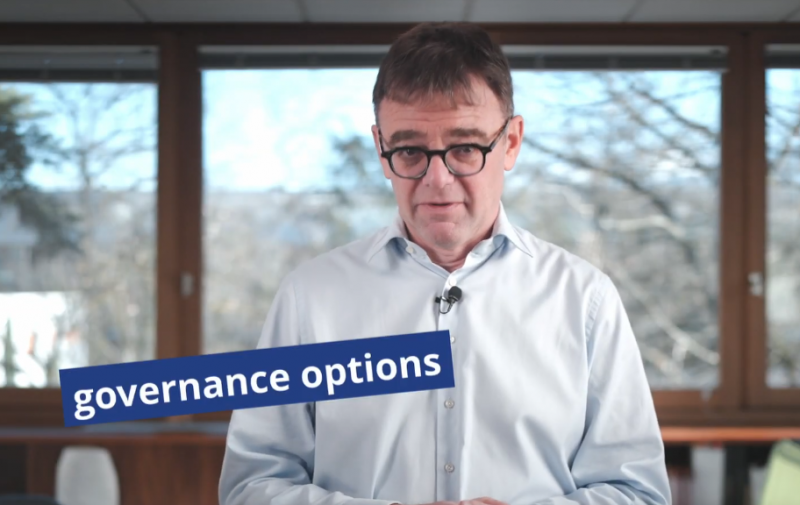
Non-Disclosure Agreements : Practical Points (continuation)
Non-Disclosure Agreements : Practical Points (continuation)
Today, we are sharing with you a few more thoughts on confidentiality and trade secrets.
In our last article, we encouraged you to use non-disclosure agreements in a rational way, and in particular to respect their primary purpose in order to avoid weakening the effect of these agreements through insufficiently focused use.
The strength of the protection we expect from these agreements also depends on thoughtful and careful drafting.

To begin with, we strongly recommend being precise about the purpose and the scope of non-disclosure agreements.
Not doing this properly is like dropping off an envelope at the post office without writing the address of the recipient!
The project or business leader is in the best position to do this; it cannot be left to the inhouse lawyer or the solicitor if they have not been given the necessary information.
You must therefore set out in a clear, complete and didactic way the reasons for you and your business partner to sign the agreement. You must also define the scope of documents to be exchanged, and that need to be protected.
- This is done in the preamble or “whereas” – which is vital for understanding what the parties had in mind and wanted to do at the time of the signature. (Who is A, who is B, what does A want, what does B want and why are A and B signing this document?). This part of the non-disclosure agreement is way too often neglected, and yet in the event of difficulty, the preamble is very useful for the caretakers of an NDA, shedding light on the mutual intention of the original signatories. The caretakers may not have any other access to the history and the context in which the NDA was made.
- In the appropriate heading or article (“objects”, “purpose”, “scope”, the definitions or perimeter) you should also mention :
– why and for what purpose you wish to exchange the confidential information you are about to communicate and receive;
– in what context / activity / existing business ;
– what benefit do you and your business partner expect from the exchange.

Pay particular attention to the most sensitive information, that it would be catastrophic for you to see wrongly disclosed, so as to highlight this in the wording in some way.

